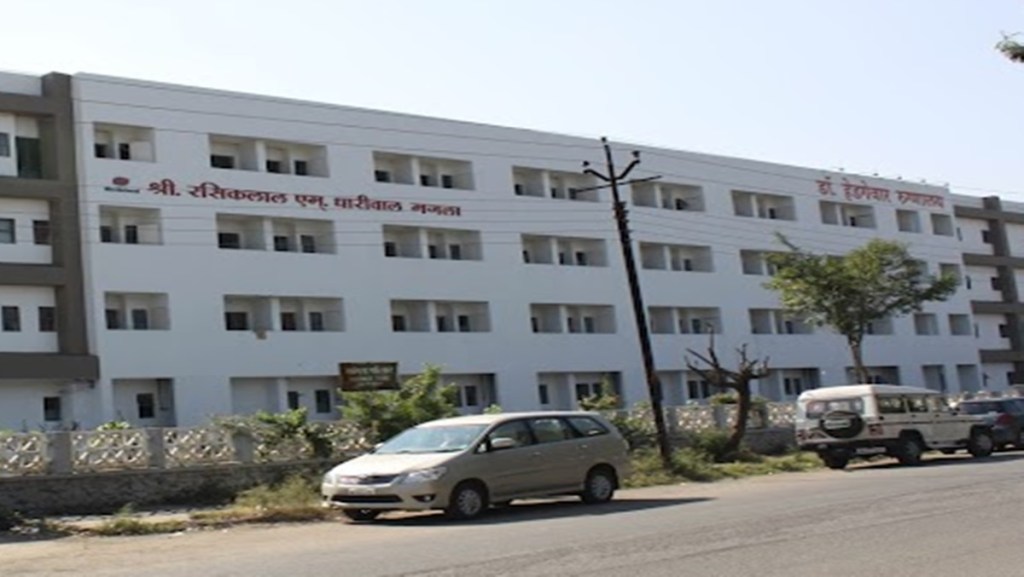Aurangabad based Dr Hedgewar Rugnalaya (DHR) is scheduled to set up a hospital in Assam by July 2022 with an investment of Rs 500 crore. Specialties in the hospital will include General Medicine, General Surgery, Orthopedics, ENT, Ophthalmology, Pediatrics, Radiology, Pathology, Intensivists, Dental Care and Dialysis among others.
During COVID19, DHR has seen over 4036 patients needing treatment across its centres in Aurangabad. With 255 beds dedicated for covid care, it treated 4300 patients, made 2 lakh people aware about covid and did vaccination of 50000 + people.
During COVID19, it also set up a 22-bedded intensive care unit dedicated to heartcare with a team of cardiologists, anaesthetists, physicians, and Intensivist. This also ensured treatment to 800 to 1000 patients who suffered from post-COVID19 complications.
“Besides adding infrastructure to our multi-disciplinary hospitals in Aurangabad and Nasik by way of equipment-trained cardiologists, anesthetists, physicians, and Intensivists, DHR will makes use of state-of-the-art technologies, tools, and methodologies to treat patients at a subsidy in its network of hospitals,” said Dr. Anant Pandhare, Medical Director, Dr. Hedgewar Hospital.
He further added that we don’t have cut practices and we don’t charge commissions. All benefits directly go to the patients who pay 40% to 50% below the market price for treatment. Voluntary upper ceiling on income by selfless doctors of Dr. Hedgewar Hospital have been able to provide specialised care to poor patients, with 41 percent of the hospital’s beneficiaries being those whose annual income is under one lakh rupees.
“We are looking at innovative technologies, platforms, and solutions for affordable healthcare management. Making use of analytics AI and machine learning tools, telehealth, data management, etc. are things that we hope to explore and make use of in our attempt to make premium healthcare available and affordable to everyone,” Dr Pandhare explained.
“Instead of treating sickness alone, we promote wellness across healthcare systems and specialties of medicine. At DHR we are doing this through the use of technology, regular communication, and active monitoring of patients’ conditions that help prevent life-threatening emergencies. Various educative platforms have been initiated in Diabetic care, mother and child health, Neonatal prematurity, chest clubs to educate about lung diseases. Cloud-based systems, analytics platforms, and data management are things that are crucial in moving from reactive to proactive healthcare that we are looking at for cost-effectiveness and efficiency,” Dr Pandhare informed.
“Audio & Speech Therapy of Congenitally deaf children who underwent Cochlear Implant surgery with the help of online platforms and digital help has proved to be highly effective. Besides this, SHRUTI is a web based tele medicine experiment which became highly successful in diagnosing and treating ENT problems of remote village people with the help of mobile phone and connectivity between ENT Surgeon and outreach team,” he further added.








